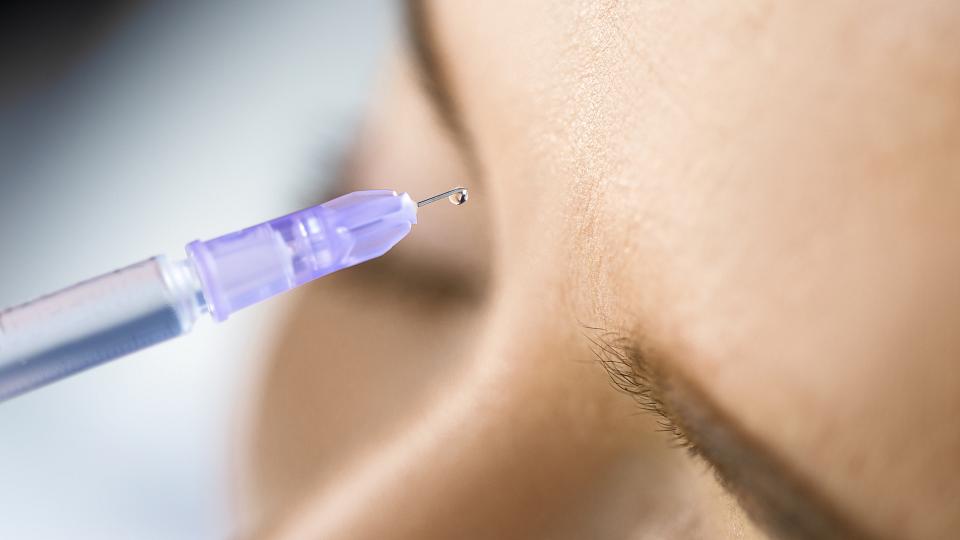
What Is IPL & How Does it Beautify Skin?

What Is IPL & How Does it Beautify Skin?
The desire to beautify one's skin is becoming more and more common among all types of people: men, women, young, old, middle-aged. There are many ways to go about it, but one that's increasing in popularity is IPL, or intense pulsed light. So, what exactly is IPL?
IPL vs. Laser Treatment
IPL is similar to laser treatment, but the light is less concentrated. Where lasers use a single focused wavelength, IPL spreads out the light using several wavelengths.
"Since IPL uses a diffused light, it gives off less energy and is gentler than other types of laser treatment," says Hailey Richards, master esthetician at University of Utah Health. Other laser treatments typically alter the structure of skin cells to remove or re-shape unwanted blemishes, tattoos, or scars.
What Can Be Treated
IPL is attracted only to red and brown pigment, but there are many conditions that it can help with. These include:
- Common brown or red blemishes
- Sunspots
- Age spots
- Vascular redness
- Broken blood vessels
- Rosacea
- Cherry hemangioma (red "mole-like" discolorations)
- Hormonal pigmentation
IPL can treat discoloration from acne, but it is not an effective treatment for the ongoing condition of acne. It is also not effective for removing freckles, since the pigment is much deeper and permanent.
The most common place for IPL treatment is on the face. But it can also be used for discoloration on the neck, chest, and hands.
Treatments: How Often, How Long
To see results for most conditions, two to three sessions are needed about four weeks part. Each session length depends on the size of area being treated. It takes around 30 minutes for a complete facial treatment, and twice that if you add neck and chest. IPL is rarely a permanent solution to blemishes. Some maintenance treatments may be needed once a year or every other year.
Is It Painful?
This depends on your pain threshold. Some describe it as mild discomfort or as if tiny rubber bands were flicking the skin. If that thought doesn't seem fun, your esthetician can prescribe a topical numbing cream that is applied before treatment. After a treatment, there is often mild scabbing in some of the treated areas. Many patients say it feels a bit like a sunburn afterward. One of the benefits of IPL is that there's very little to no downtime. You can typically go back to work or your daily routine the next day.
Possible Complications
The skin is a sensitive organ and requires careful attention when undergoing any cosmetic procedure. Although complications are rare, they can happen. Some complications include blistering, scarring, redness, or burns. Permanent discoloration of the skin can also occur, sometimes through hypopigmentation (all pigment is removed) or hyperpigmentation (extra pigment is created). Keep in mind that these conditions are very rare.
You should not get IPL treatment if you've had a recent suntan or burn. Nor should you go out into the sun unprotected after a treatment. Pregnant or breastfeeding women should also avoid treatments.
Since IPL is attracted to brown pigment, there is increasingly higher risk with darker skin tones. However, if there is any uncertainty, a skilled esthetician will test a small inconspicuous area on the patient before proceeding.
Always See a Pro
The best way to minimize risk is by going to a reputable esthetician. Do some research. Have they been doing it for a while, or are they new to the field? Do they require a dermatologist consultation first, or do they just go for it? Keep in mind that the estheticians at the University of Utah work among medical professionals with whom they often consult.





